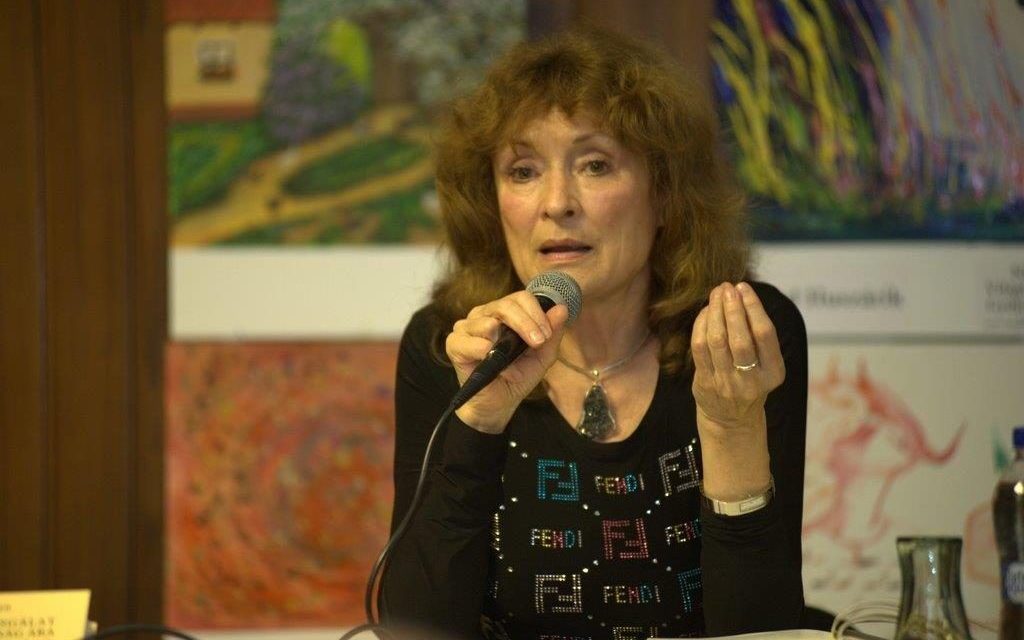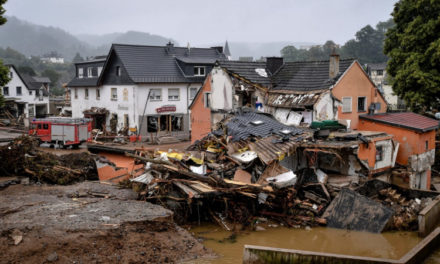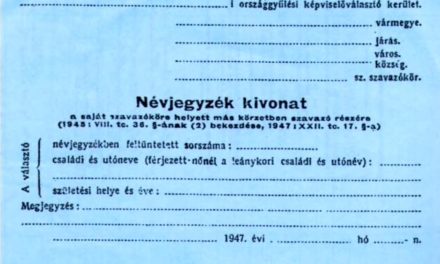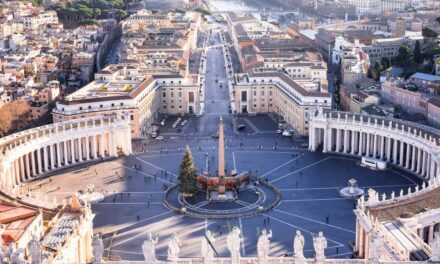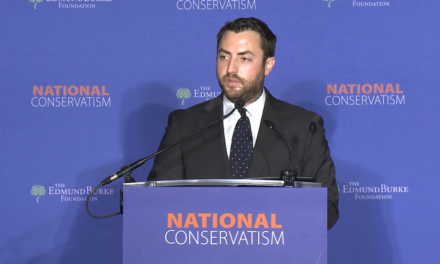"One of the most terrible concomitants of war is that the war propaganda, the howling, the masses of lies and hatred, all come from men who do not fight," George Orwell once said. His message could be taken to heart by both Macron and Zelensky. Written by Katalin Kondor.
When we were still young at school, we learned the saying: "history is the teacher of life". This wise statement is said to come from Cicero, nor is it a version of a saying that Géza Komoróczy, our scholar of antiquity, changed to the following: "Life is the teacher of history." I think both sayings are true, we can easily experience them ourselves.
It will be almost 212 years since Napoleon's great army, the Grande Armée, set off for Russia.
I do not claim that during our studies we could have heard a lot about the great war and its secrets, mostly large-scale romantic feature films tried to show what the world and the battles of that time were like two hundred years ago. However, those of us born after the Second World War were taught that France suffered an ugly defeat at the time.
It is hardly a secret that I mention the Napoleonic War because of the behavior of an overactive head of state who imagines himself to be a mini-Napoleon.
The first man of France, Emmanuel Macron, in the unrestrained democracy in which we live, has already run around the leaders of Europe to convince them that it is time for the European countries to send soldiers to Ukraine, against the Russians.
We know from the history books that the former Napoleonic war began in the summer, in the month of June, when the wars started, and soon they had to suffer a total defeat. Mr. Macron's world-shaking vision may have been inspired by the coming summer, but he somehow forgot that defeat came quickly back then.
Of course, times change, warfare and technology also change, not a little, but a lot.
So, regarding weapons and the tricks of warfare, I hardly think it would be worthwhile to make a comparison between then and now, that belongs to the experts anyway.
However, it is also worth learning lessons from that old war. This was done by RUBICON's colleague, Tarján M. Tamás, from whose article regarding the French, it became clear to me that they had been preparing for the 1812 campaign for two years. I quote the relevant sentences of the article: "According to estimates, 600-800 thousand soldiers took part in the campaign under the personal leadership of the emperor. About half of the Grand Armée was provided by the French, the other half by the Allies, mostly Germans, Austrians, Italians, and Spaniards."
Well, reading these sentences, obviously not only me, but also others may think that Mr. Macron probably has a similar idea, which is why he is running to the leaders of the countries of Europe to recruit troops with their help, since he has the example of Napoleon in front of him.
From the article by M. Tamás Tarján, I quote again a sentence to be considered regarding the battle of 1812: "Time worked for the Russians, who used delaying tactics - that is, that while Napoleon was recruiting in European countries, the Russians successfully equalized the technical superiority of the French. In any case, the morale of the Grand Armée pushing into Russia is indicated by the fact that already during the first week, around 100,000 soldiers deserted in a war that many people thought was hopeless."
Which, as we know, ended with the victory of the Russians.
Specialists who are familiar with warfare and history know that the French defeat was so great that, in essence, France could not get back on its feet. This war, which the books call the Russian Patriotic War, turned the balance of power on the continent and paved the way for the fall of the emperor.
"Time doesn't move forward, it just changes back", so goes the refrain of an old hit. I don't know if Mr. Macron deals with wise sayings or historical lessons at all, it doesn't seem that much these days. On the other hand, we, as outside observers, can certainly remember a few sayings about his behavior, including those that do not tolerate printing ink. (There is a nettle in it. I mean in the saying.) We may also remember that in the battle of Napoleon in 1812, at least five hundred thousand soldiers of his army died, disappeared, or were captured, and only about twenty thousand people are said to have returned home.
The great army was thus destroyed.
Does history teach us? If I look at the period I lived in, history increases our knowledge, so it teaches from an educational point of view. We write down years, we listen to the stories of people who experienced battles and dangers, or we read about them, but whether we learn from them, I can't really answer. Thinking of Mr. Macron, absolutely not. In any case, we would like to offer him a wise saying, namely from George Orwell. It goes like this: "One of the most horrible side effects of war is that the war propaganda, the howling, the masses of lies and hatred all come from people who are not fighting."
You can also send Orwell's message to Zelensky.

